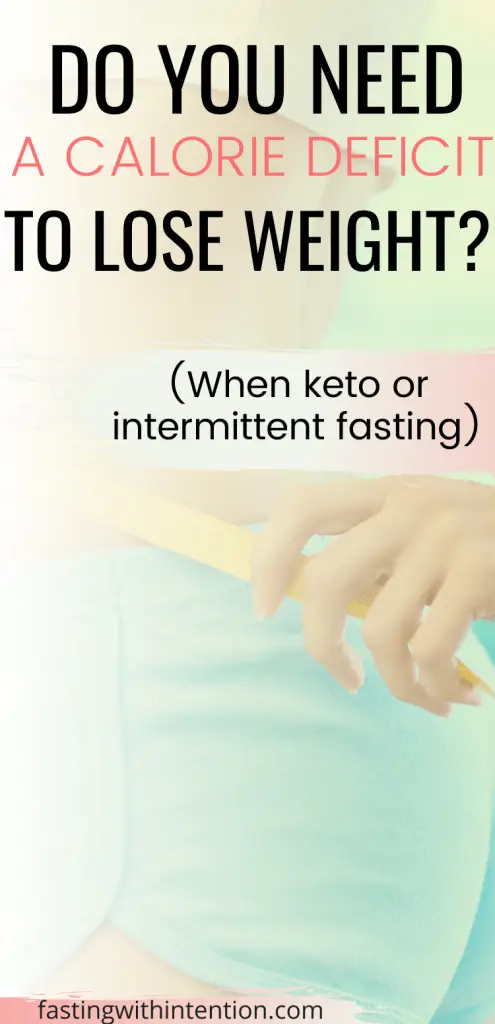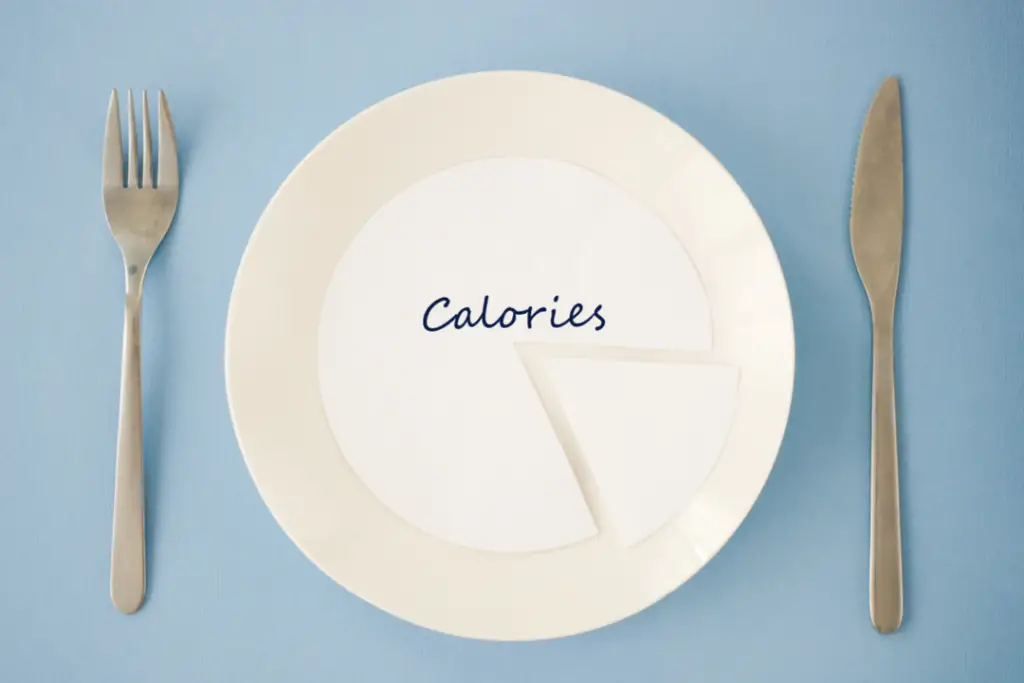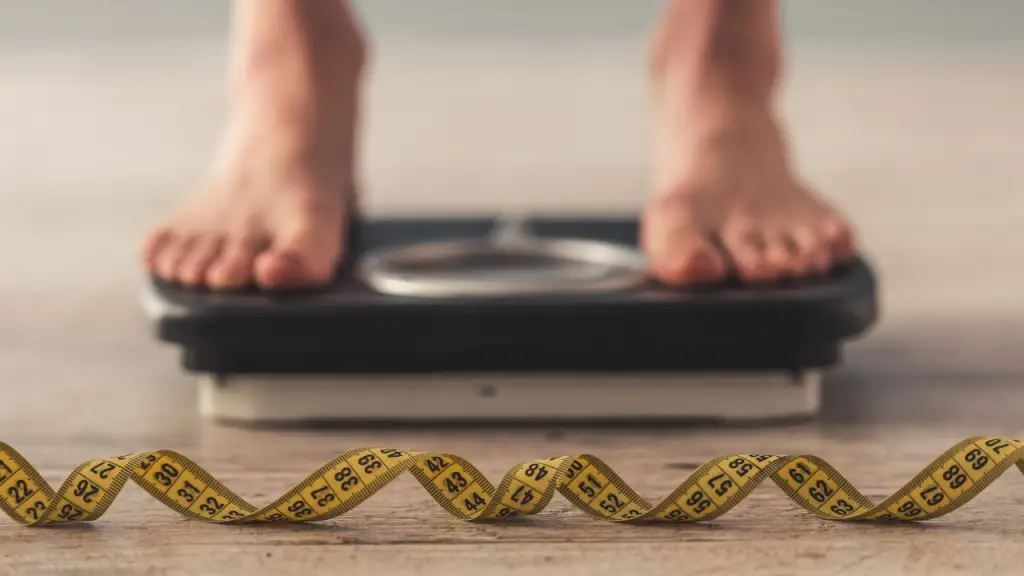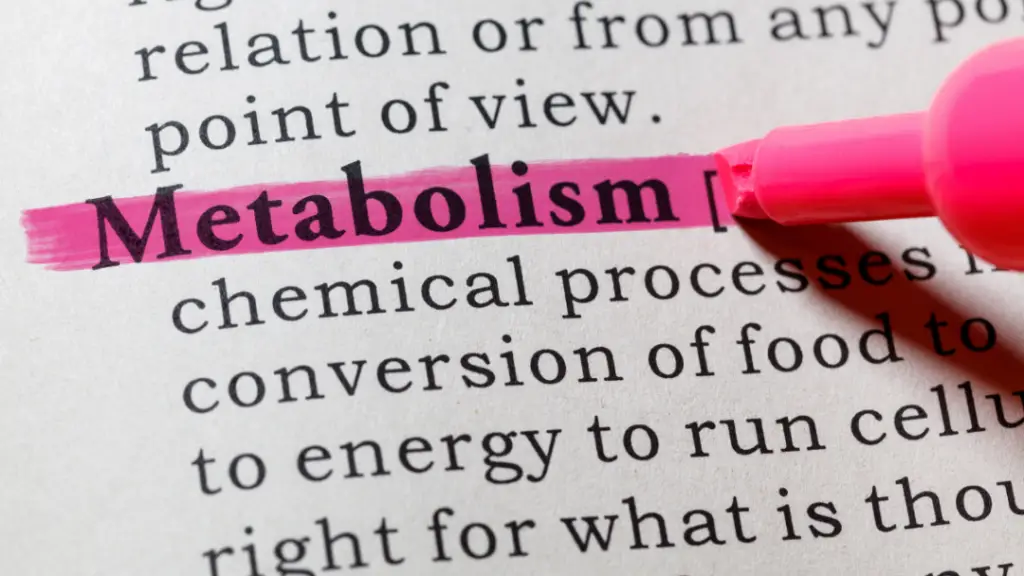One of my readers was surprised to find too many calories as one of my Top 7 Reasons Why You Can’t Lose Weight on OMAD. There is a common misconception that doing intermittent fasting and the keto diet allows you to lose weight without any calorie restriction. In this post, we will discuss the question “Do you need a calorie deficit to lose weight?”.
What is a Calorie Deficit
Calories are used to measure the energy provided by the food you consume. They also serve to measure your energy expenditure, which is the energy your body uses when you go about your daily activities. Many factors will impact the energy you need each day including:
- Your resting metabolic rate is the energy your body uses it’s for basic functions when you are completely at rest. The functions include things like breathing, circulating blood, and basic brain functions. Your resting metabolic rate accounts for about 60-75% of the energy expenditure of an average person. Lean body mass (your muscles and bones) increases your metabolic rate.
- The energy required to process the foods you are eating. Chewing, swallowing, and digesting foods requires energy. Not all foods require the same energy. For example, protein takes more energy to digest than carbohydrates.
- Basic movements during the day. Everyone has a different level of activity. Your energy requirement will vary according to the non-exercise activities you do like picking up children, groceries, cleaning the house, etc.
- Exercise. Exercise doesn’t just increase your energy requirement when you are exercising’ it does so after as well.
To have a calorie deficit, you need to consume less energy than your body needs each day. It’s that simple!

Calorie Deficit Explained
Calories do matter, even a keto diet. The difference is, doing intermittent fasting with or without the keto diet will help you achieve a calorie deficit more naturally. Maintaining a consistent calorie deficit is difficult to sustain long-term for most people because of feeling constantly hungry and deprived. However, intermittent fasting and the keto diet will naturally decrease your appetite by helping you become more insulin and leptin-sensitive. You will notice you will feel full sooner and be able to go without food longer.

Should You Count Calories?
Honestly, I would find life miserable if I had to log my calories every day. However, some people enjoy keeping a food diary and checking their calories. It’s up to you! If you decide to NOT count calories, just watch what happens with your intermittent fasting. Are you losing weight? If not, you may need to look at a stricter intermittent fasting method that requires longer fasting times. Read my post How to Decide Which Intermittent Fasting Method Is Best for You to help you experiment with that. Or you may decide to count calories.

How Many Calories Do You Need to Cut Out
If you decide to count calories, it’s helpful to understand how much of a calorie deficit you need. It takes a deficit of 3,500 calories a week to lose one pound! Did you know that? A lot of people have high expectations and hope to lose at least 2 lbs a week on a diet. Realize that if you need around 1,500 calories a day to just maintain your weight (I think most middle-aged women would need around that number), losing 2 lbs a week would require you to eat 500 calories a day! Do you know how fast you can consume 500 calories? Yes! Really fast! Losing 1 lb a week by cutting out 500 calories a day is a realistic option.

If You Don’t Want to Count Calories, Do This Instead
To achieve a deficit of 3,500 calories each week without counting calories, you can try the following options:
- Eat-Stop-Eat Intermittent Fasting: By fasting for 24 hours twice a week, you would naturally get a calorie deficit of around 3,000 calories. Read The Eat-Stop-Eat Method Explained for more information on how to use this method.
- Alternate-Day Fasting: Alternate-Day Fasting extends your fasting period even further, which will accelerate weight loss. Instead of fasting for 24 hours, you are fasting for 36 hours. Read more about Alternate-Day Fasting in my post Alternate-Day Fasting: Is It Safe for Women?
- Extend your fasting window with daily intermittent fasting. My favorite intermittent fasting method is the Warrior Diet (read Why You Should Consider the Warrior Diet} or the 20:4 method. It’s hard to eat too much during these four hours, but it’s long enough to make me feel I can enjoy food freedom each day. OMAD is another popular intermittent fasting method that will help you reach your weight loss goals faster.
These options will enable your to see real results while not having to log your foods and count calories.
Watch my Intermittent Fasting 101 Workshop to get started with intermittent fasting.
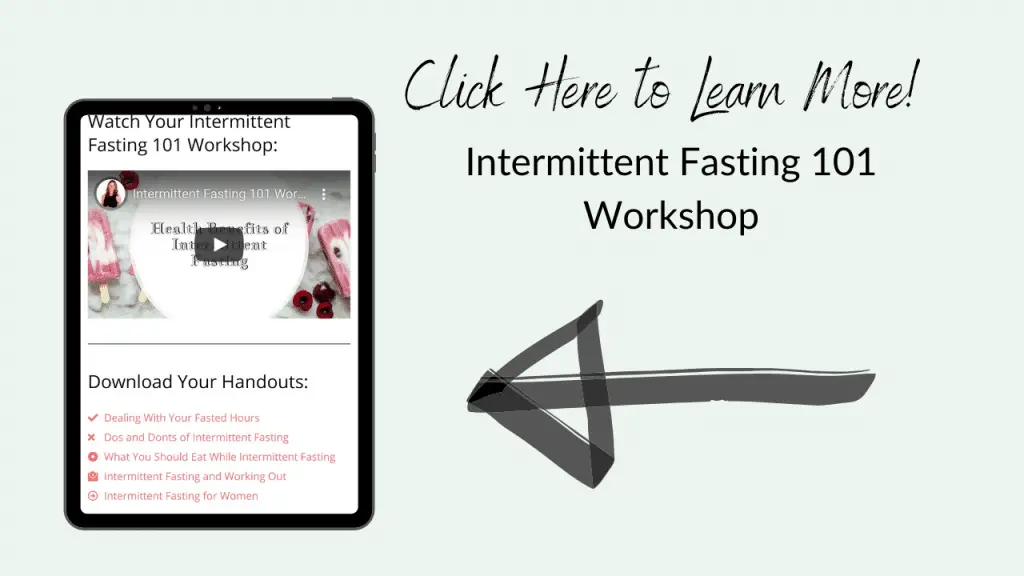
Do You Need a Calorie Deficit for Weight Loss Video
In Summary
Do you need a calorie deficit to lose weight? The answer is yes. Do you need to count calories to lose weight? The answer is no. By regulating your hormones through fasting, you will naturally become more insulin and leptin sensitive. This will regulate your appetite and reduce your food cravings. If there is one thing you need to understand from this whole post, that it is.
